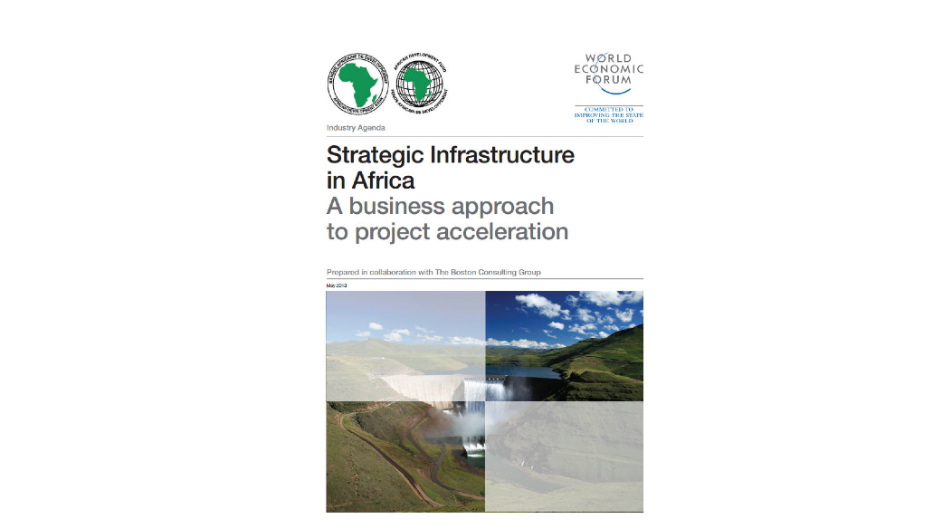1136 results found
Featured results



More results

This report presents a selection methodology that proposes a common language with clear economic, technical, social and regional criteria to identify infrastructure projects with the potential for acceleration.



OECD Investment Policy Reviews present an overview of investment trends and policies in the countries reviewed, using the OECD Policy Framework for Investment to assess the climate for domestic and foreign investment at sub-national, national or regional levels. They then propose actions for improving the framework conditions for investment and discuss challenges and opportunities for further reforms.



As part of its Public Procurement Toolbox, the OECD developed indicators to measure the performance of public procurement systems.


The Global Toolbox provides an interactive inventory of MDB instruments, with their hyperlinks and comprehensive overviews, to support private investment across the globe.

This website provides a set of resources on using performance based contracts to reduce non-revenue water. It includes tools and project preparation guidelines, case studies and training material.

The review consisted of a detailed assessment of the current institutional set-up, including roles and responsibilities for EE in Turkey, along with a comparison with international experience and best practices. A final set of institutional options and recommendations are provided at the end of the report.

This technical note provides an overview for authorities who wish to conduct flood hazard and risk assessments and who must develop a step-by-step plan for carrying out the assessment that is appropriate and feasible in the local context.

PPP webinars presents trending topics on PPPs and infrastructure, as well as the latest tools for practitioners, case studies, and presentations from experts.

This report assesses infrastructure PPP investments in an expanded list of Fragile and Conflict Affected States (EFCS2), as well as the PPP regulatory frameworks during the 2012-2016 period.
The checklist aims at providing a framework to ensure the mainstreaming of gender in the infrastructure sector throughout the project cycle.

The checklist aims at providing a framework to ensure the mainstreaming of gender in the water sector throughout the project cycle.

This paper uses a standardised measurement framework of development effectiveness, econometric analysis and case studies to assess the performance of African countries in terms of aid effectiveness in the water sector.

The first volume of the Water Sector Governance in Africa series looks at the enabling environment supporting a sustainable water sector.

This document provides a set of guidelines and templates for the assessment of governance in the water sector.

This study reviews African Project Preparation Facilities, providing recommendations for their enhancement.

This publication discusses issues that characterise PPPs from the project selection stage until after the contract is signed.

Lifelines lays out a framework for understanding infrastructure resilience—the ability of infrastructure systems to function and meet users’ needs during and after a natural shock—and it makes an economic case for building more resilient infrastructure.

This report aims to inform water system managers on the importance of andmeasures to build the resilience of water service provision to natural hazards and climate riskswhile ensuring that water systems can safeguard service provision by reducing their exposure tothe risks associated with natural hazards.

The objective of this paper is to explore the impact of Uruguay's privatization and subsequent nationalization of water services on network access and water quality

This paper presents the state of infrastructure in developing Asian countries, in particular how the development of this infrastructure has correlated with past and current growth in Asia.





